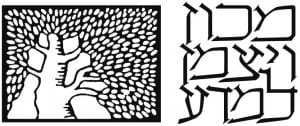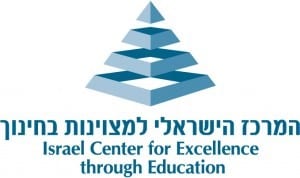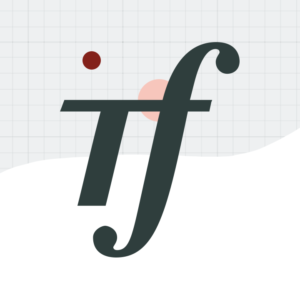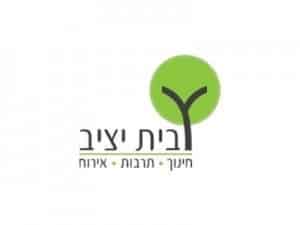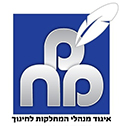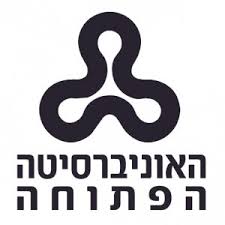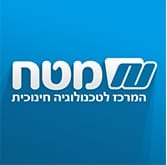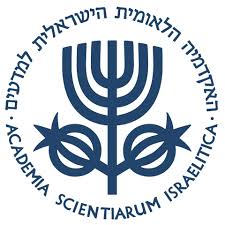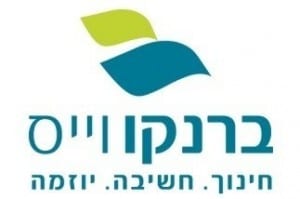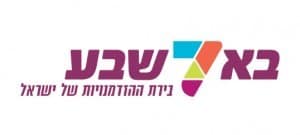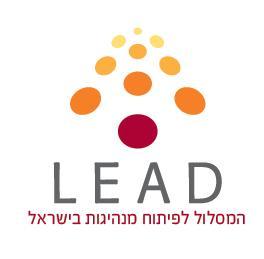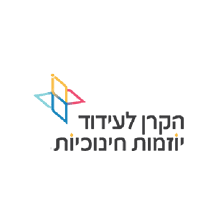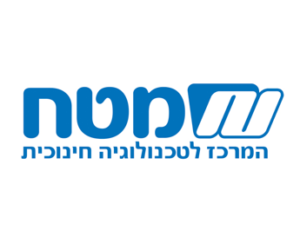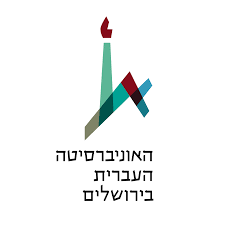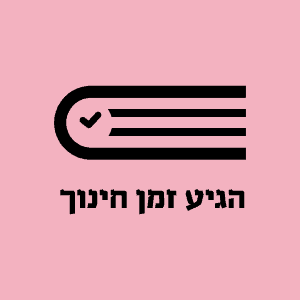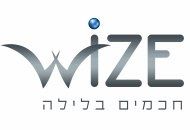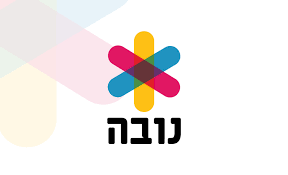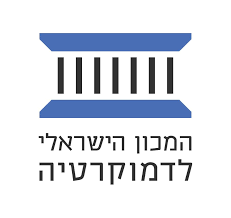Mathematical Reasoning, which is the capacity to formulate, employ and interpret mathematics to solve problems in real-world contexts, is the core of the PISA framework. Central among these contexts are issues that are facing humanity today, such as global warming, the growth of population, the scarcity of food, water and energy, and many more. The […]
The PISA assessment is taken by 15-year-old students in 79 countries, and is based on their common denominator of mathematical content knowledge. For Israel, it means that the PISA mathematical content is equivalent to what is mostly taught in 8th or 9th grades. The reason for this, is that the goal of PISA is not […]
A recently commissioned study found out that there are almost no learning materials available to middle school teachers that support high order and applied thinking skills in line with the PISA excellence levels. The mathematics curriculum in middle school is focused on procedural fluency and has almost no room for these advanced skills. Teachers therefore […]
Once every two years the Trump Foundation convenes its International Advisory Council, a voluntary body chaired by Lee Shulman and comprised of education researchers, education policymakers and teachers from Israel. The goal of the council is to provide the foundation with insights concerning the advancement of our philanthropic roadmap and to offer feedback, critique and […]
The PISA 2021 mathematics framework focuses on how students formulate and apply mathematics knowledge and thinking to solve problems in real-world contexts. The higher levels (5-6) of PISA require students to confront complex situations by identifying and selecting the most effective mathematical models, using advanced computational thinking, running simulations and evaluating their solutions in comparative […]
In a survey of middle school students commissioned by the foundation in March 2018, the students said that computer science is the third most important subject for their future, after English and mathematics. However, today only a minority of students, those who study in excellence classes, learn basic coding, algorithms and computational thinking in middle […]
Israel’s middle school students are still falling behind their peers in OECD countries in the PISA mathematics tests on their average score, the high ratio of struggling students and the low rate of excelling students. The increase in the number of high school students graduating the five-unit tracks, has not yet trickled down to middle […]
In the past few years the foundation created partnerships with 25 municipalities that targeted excellence in mathematics and science education. Each municipality collected and analyzed its data, defined goals, invested resources and organized its teams accordingly. The foundation helped with professional development for the teachers and management support for the heads of education and […]
The foundation’s roadmap in middle schools requires an effective organization within the schools. Schools need raise the bar, open more opportunities for excellence, develop teaching capacities, implement mangement routines, collect data, engage the staff and smooth the transition to high school. The ultimate goal is to create pathways to excellence for at least 40% of […]
Many teachers find it difficult to determine if their students are fully prepared to the five-units track in high school, in terms of knowledge, skill, learning habits and emotional readiness. The reason is that the middle school curriculum was created independently from the high school curriculum, and that these two schools are operated separately, with […]
International longitudinal research of education systems opened the door for comparative learning. Therefore, as we approach the mission of increasing excellence in mathematics and science education in middle schools, it would make sense to try and study what excelling countries have been doing. What curriculum do they use, at what sequence and depth do they […]
The Branco Weiss school network comprises of 14 high schools with a diversity of socio-economic backgrounds throughout Israel. During 2016-2019, the network has collaborated with the Trump Foundation and set a target to double the number of students who graduate five-unit mathematics to 22% and physics to 14%. The goal in mathematics has been achieved, […]
The city-based partnership in Be’er Sheva to increase the study of five units in mathematics is bearing fruit. From 5.4% of the 12th grade graduates in 2012, the city tripled the five-unit graduation rate in 2018 to 15.7%. The rate of physics students graduating five-units gradually improved during the program, to 11.5% in 2018. The […]
Back in 2013, in collaboration with the Rashi Foundation and Intel-Israel, we turned to Sheatufim, to create a cross organizational partnership around excellence in mathematics and the sciences education in Israel. The partnership, titled “5p2”, aimed to spark a movement focusing on doubling the number of high school graduates with five units in mathematics, science […]
Since 2016, the foundation has partnered with Professor Yoram Harpaz and the Branco Weiss Institute to translate to Hebrew and publish six books on quality teaching. These books represent some of the most important work published around the world on the topic of teaching, offering a combination of academic research and practical knowledge. The goal […]
Israeli adults still do not have high expectations of middle schools. In surveys, parents report they are satisfied with the quality of their children’s schools and with the level of their teachers. They see social relationships as the main goal in middle school, rather than learning and academic achievement. Although parents want their children to […]
At the threshold of a new endeavor in middle schools, the foundation commissioned studies and surveys among students, teachers, principals and parents. We were surprised to learn that, although achievements are low and gaps are widening, adults are not very concerned with student learning. Parents prioritize middle schools to deal with fostering significant relationships and […]
Amal is one of Israel’s veteran school networks that serves students across 27 high schools, 20 of which also include middle schools, and are located mostly in the geographic and social periphery. In recent years, the network has been leading a variety of efforts in collaboration with the foundation to increase the number of five-unit […]
Middle school students come from a variety of elementary school backgrounds. Sometimes, there are significant gaps in their abilities, which are unknown to the middle school teacher. Therefore, the first months of 7th grade are dedicated to bringing all students to a common starting point. This stage can be frustrating for advanced students and for […]
Applied mathematical thinking skills are important for the 21st century and are at the heart of many current educational innovations and reforms around the world, including the OECD attempt to create a global curriculum (the 2030 Project) and the PISA research. However, in Israel’s middle schools, the rate of excellence in these skills is relatively […]
Singapore has one of the highest performing education systems in the world. In the 2015 international PISA test, Singapore was ranked first in mathematics and in science, for both boys and girls. The share of struggling students was the lowest among all participating countries while the rate of excelling students was the highest. Since 2004, […]
Last year, the foundation approved a grant for a joint program by the Schools of Mathematics and Education at the Hebrew University of Jerusalem to train 45 new five-unit mathematics teachers. The grant was smaller than similar programs, with a condition attached to it that if the School of Education hires a mathematics-teaching researcher as […]
Established in 2014, “It’s Time for Education” (Higia Zman Chinuch), the digital arm of the foundation, grew to become the largest online educational community in Israel. We created it to ignite discourse around our efforts in high school, to encourage potential career-changers to become teachers, and to focus public attention on quality teaching, especially in […]
Convening is an important component of our philanthropic toolbox. Our shared strategy is carried out mostly by others – capable professionals and organizations, from civil society, academia and government. They all need to work in tandem, to share knowledge and knowhow, and to align their activities coherently and effectively. Therefore, over the years, our portfolio […]
Personalized learning is very difficult to operate in a large classroom with students of diverse capabilities. Whether by circumstance, choice, or habit, teachers tend to use a ‘one size fits all’ curriculum in their classrooms and expect their students to navigate their way through it. In high school, especially as the five-unit classes expanded, many […]
The foundation’s roadmap for middle schools assumes that the national curriculum encourages teachers to lead their students to high levels of knowledge, skill and expertise. Therefore, we expect to find among the many textbooks and tasks that teachers use, such learning materials that challenge students and push them to excel. Specifically, we seek to identify […]
The ecosystem around middle schools in Israel is very different from that of high schools. Middle schools are directly controlled by the Ministry of Education, whereas high schools are directed by local authorities and school networks. Tests in middle schools are administered by the National Authority for Measurement and Evaluation (RAMA), in contrast to […]
In preparation for each of the 25 local partnerships the foundation has co-created with municipalities, the municipality collected and analyzed basic data on its five-unit tracks. This data included information on students and teachers, as well as parents, programs and other resources, in order to identify trends, needs, opportunities and bottlenecks. In almost all cases, […]
In 2012, a sharp decline over less than a decade in the number of high school graduates majoring in mathematics and the sciences, indicated an emerging problem for Israel’s education and future. With less than 10% of students ranked “high achievers”, the danger of a drying pipeline of talent has turned the public eye towards […]
The foundation’s clinical teaching strategy always thrived to find ways to help teachers use a personalized learning plan for each and every student in their class. By diagnosing the student’s knowledge and capabilities and adapting the teaching accordingly, we believed that teachers would be able to better address the difficulties, learning styles and pace of […]

